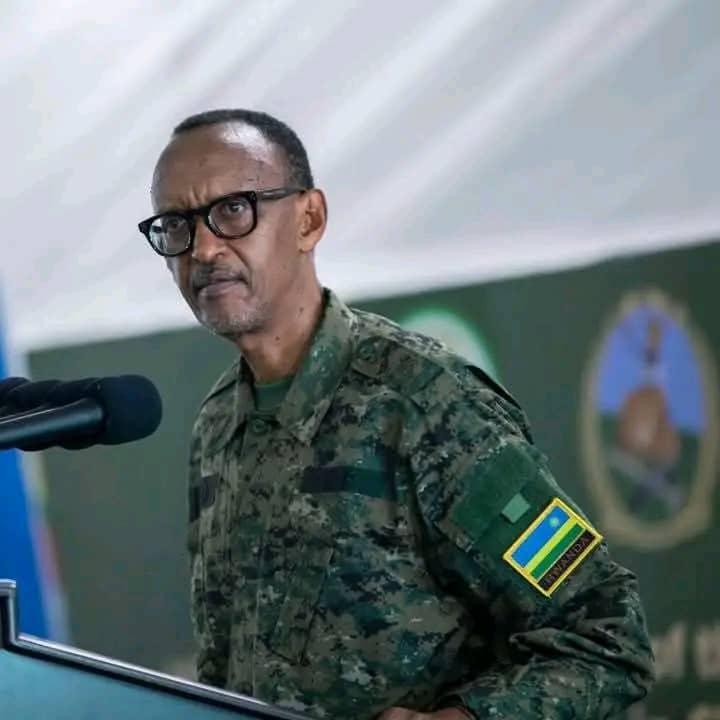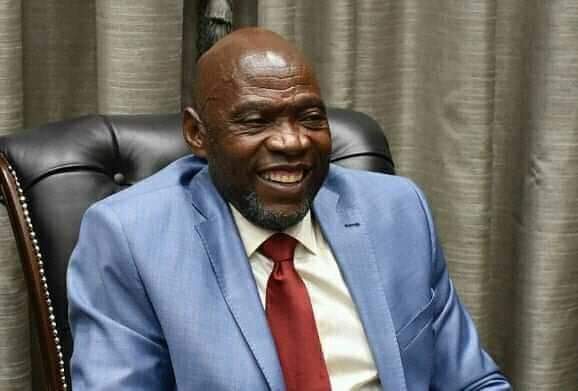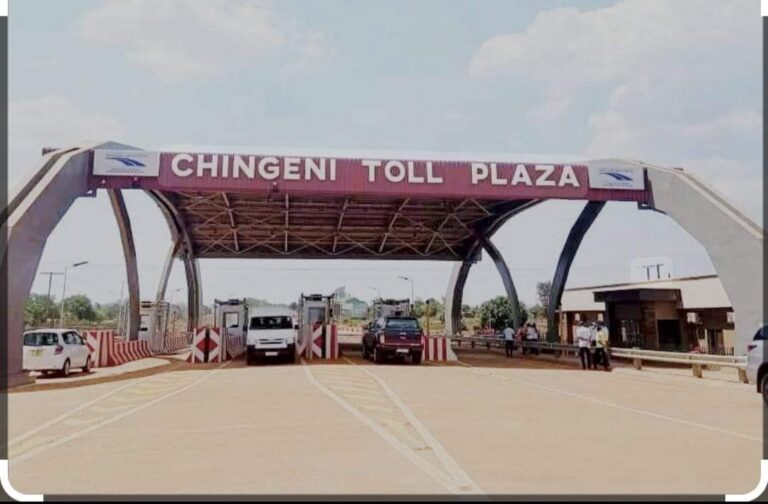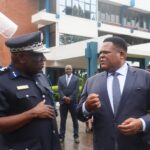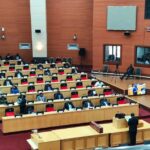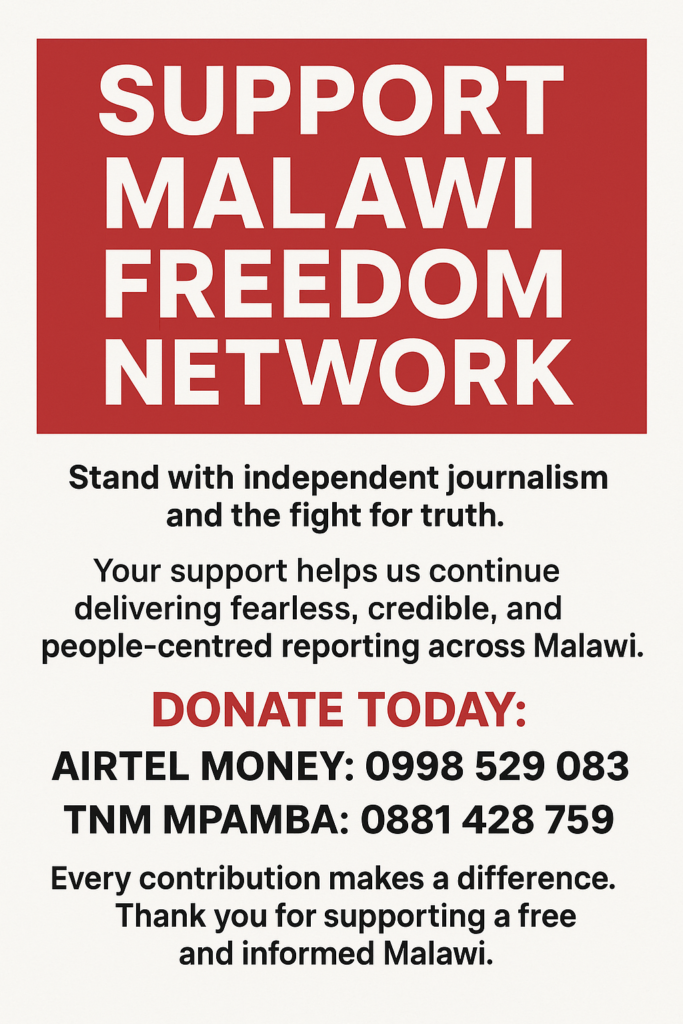By Burnett Munthali
Rwandan President Paul Kagame has issued an executive order directing all Rwandan military forces to withdraw from border towns in the Democratic Republic of Congo (DRC) and regroup in the capital, Kigali, with immediate effect. This decision follows growing tensions between Rwanda and South Africa, which has reportedly threatened to deploy long-range ballistic missiles, Navy SEALs, and commando units in response to the loss of 13 South African soldiers in the ongoing conflict.
A letter from the Rwandan Prime Minister indicates that the withdrawal is aimed at protecting Kigali and critical national infrastructure. However, South African insiders suggest that the move is a strategic retreat intended to pre-empt an aggressive military response from South Africa, which has shown increasing readiness to use its military, naval, and air power in retaliation.
The situation in the DRC has been a long-standing issue involving multiple actors, including Rwandan forces, the Congolese government, rebel groups such as M23, and regional powers like South Africa, which has deployed troops under the Southern African Development Community (SADC) mandate.
South Africa’s military presence in the DRC has been part of peacekeeping and stabilization efforts. However, after the recent deaths of 13 South African soldiers, the government in Pretoria reportedly escalated its military posture, considering direct retaliatory action against Rwandan forces suspected of involvement in the conflict.
The potential use of long-range ballistic missiles to target strategic military positions.
Deployment of Navy SEALs and commando units for specialized operations.
Increased air and naval presence to neutralize any further aggression.
This show of force may have influenced Kagame’s decision to pull back troops to avoid direct confrontation with South Africa’s well-equipped military.
Firstly, the withdrawal reduces the risk of an all-out war between Rwanda and South Africa, which could destabilize the entire Great Lakes region. By regrouping in Kigali, Rwanda avoids direct military engagement that could lead to significant casualties and destruction.
Secondly, the decision allows Rwanda to concentrate its military forces in strategic locations to defend its capital and key assets. Given South Africa’s superior firepower, including potential missile strikes, securing Kigali is a top priority.
Thirdly, the withdrawal provides Kigali with an opportunity to engage in diplomatic negotiations, possibly through SADC, the African Union, or the United Nations, to de-escalate the situation without resorting to further violence.
Fourthly, by pulling out troops from vulnerable border areas, Rwanda prevents unnecessary losses and preserves its military resources for future strategic needs.
Fifthly, an open conflict with South Africa could have severe economic consequences for Rwanda, including sanctions, reduced trade, and loss of international investment. The withdrawal helps maintain economic stability.
Sixthly, while South Africa is portraying strength, Rwanda can use this move to frame itself as a responsible actor seeking peace rather than conflict. This can improve its international image amid growing tensions.
Seventhly, with troops back in Kigali, Rwanda can prioritize domestic security, ensuring that any potential retaliation from opposition groups or internal dissent is managed effectively.
President Kagame’s decision to withdraw Rwandan troops from the DRC border in response to South Africa’s alleged military threats is a calculated move aimed at de-escalation and national security. While South Africa’s aggressive stance underscores its military dominance, Rwanda’s strategic retreat ensures its own stability and prevents unnecessary confrontation.
The situation remains fluid, and diplomatic efforts will be crucial in determining whether tensions between the two nations subside or escalate further. As the international community watches closely, the next steps taken by both Rwanda and South Africa will shape the future of regional peace and security.
